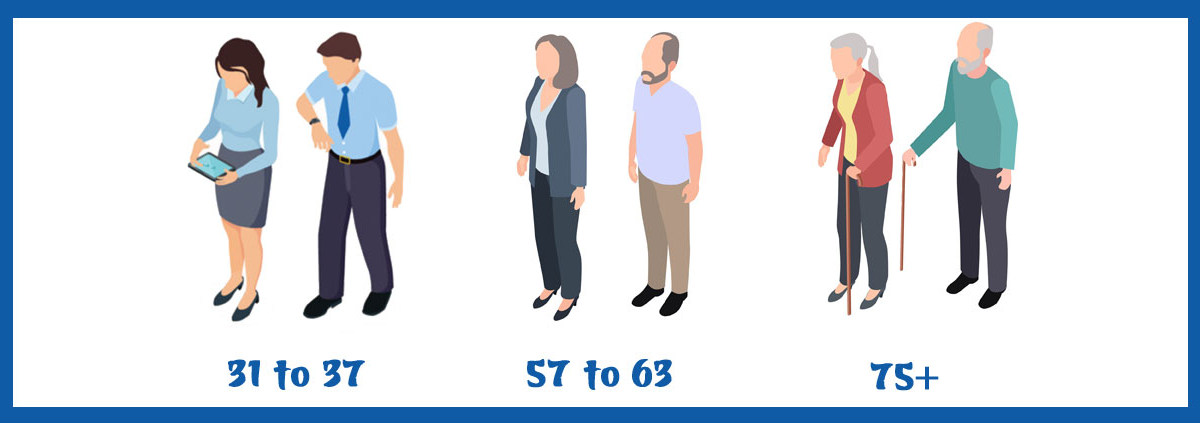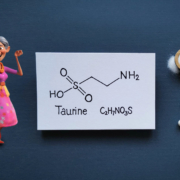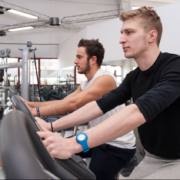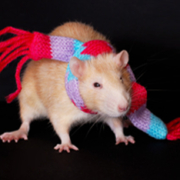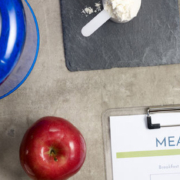Aging with a Vengeance and Your Proteome
This year’s Super Bowl Webinar focused on aging with a vengeance—becoming the best version of yourself, no matter your age. The study we just reviewed on the proteome suggests that the people were healthier who were biochemically younger than their actual age. Here are the actions I believe can help at the three critical phases of aging that were identified in proteome study. As I find out more, I’ll be more specific.
31 to 37
If you have weight to lose, now is the time to lose it. Take it from me and my decades of experience with weight loss programs: it becomes more difficult the older you get. Find a way to eat that will maintain a reduced body weight and stick with it.
Reduce your protein intake. That may seem a little odd, but this is a time to focus on vegetables, fruit, whole grains, and quality oils.
Focus on your cardiovascular system by doing aerobic exercise on a regular basis. Use interval training to make the most of your time, and when you’re fit enough, you can add high-intensity interval training (HIIT) to your routine.
57 to 63
The kind of 80- to 85-year-old you’re going to be is dependent on what you do now. If you haven’t achieved a normal body weight, that’s a high priority just as it was in the prior age group. I know how difficult this is because it’s eluded me throughout my life; I lost a lot of weight and kept it off for years, but I’d still like to weigh less.
Increase protein intake to 1–1.5 grams per kilogram body weight per day.
Supplement your diet with essential amino acids. While the amounts are still not absolutely clear from the research, 10–20 grams per day is a good goal.
If you’re not already doing so, add weight training to your exercise routine. Start with using your own body weight, then add exercise tubes or light weights, and then use machines or free weights. Now is the time to retain or even increase your muscle mass.
75 and Older
If you haven’t achieved a normal body weight, there’s still time. My wonderful mother-in-law lost a significant amount of weight at this age, and she was an overweight diabetic in a wheelchair.
Increase protein intake to 1.5–2 grams per kilogram body weight per day. It’s difficult because appetite decreases and protein makes us feel full. It will help reduce the muscle loss that’s happening.
Supplement your diet with essential amino acids; the amounts are still between 10–20 grams per day.
Add weight training to your exercise routine. It will help you to retain or even increase your muscle mass. Stay within any orthopedic or other limitations, and get some help if you need to, but do it. Your primary caregiver will probably be glad to refer you to a physical therapist who can get you started safely.
The Bottom Line
For all that’s been written about healthy aging, we still don’t know very much. Healthy aging begins the day we are born, but we realize that only when it dawns on us that we’re aging. No matter your age, no matter your current state of health, it can be better. You can learn more in the replay of this year’s Super Bowl Webinar, but it will be available for only a little while longer.
The simple things I’ve talked about in this Memo are a beginning. When I know more, so will you. Inevitably, it comes back to a single question:
What are you prepared to do today?
Dr. Chet
Reference: Nature Medicine. 2019. https://doi.org/10.1038/s41591-019-0673-2

